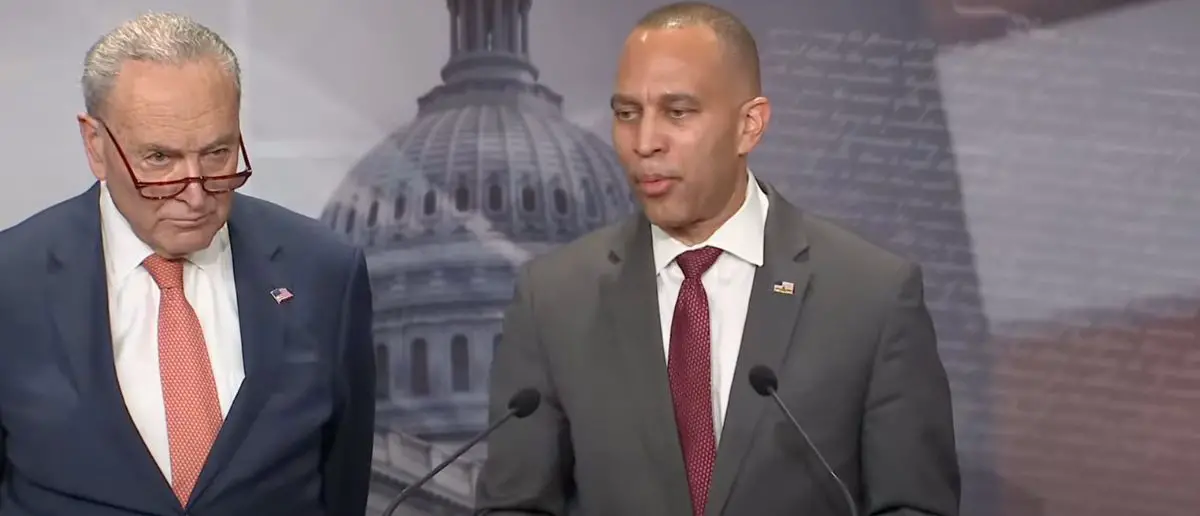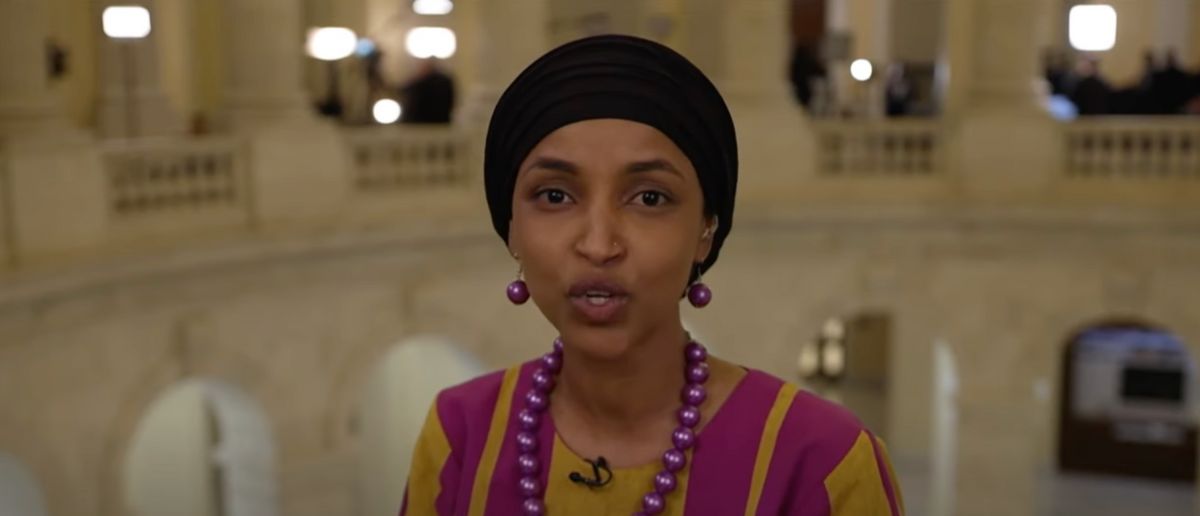
Democrats have plenty to worry about. But this came out of left field.
And now the Democrat Party is panicking after they received utterly devastating test results.
Democrats’ Disconnect with Young Voters Deepens as Trump’s Influence Holds Steady
The Democratic Party is grappling with a stark decline in support among Americans under 30, with a mere 23% approving of congressional Democrats, according to a Harvard Kennedy School Institute of Politics survey released Wednesday.
This sharp drop, coupled with the party’s failure to resonate with young voters in the wake of President Trump’s 2024 victory, exposes a messaging crisis that threatens the Democrats’ future as Republicans maintain a steadier foothold.
Plummeting Democratic Appeal Among Youth
The survey reveals a dramatic 25-point plunge in Democratic favorability among young Americans since fall 2020, falling from 48% to a dismal 23%. In contrast, congressional Republicans have held steady, inching up from 28% to 29% approval over the same period, while Trump’s approval among this demographic remains consistent at around 30%.
The Democrats’ slide, which began during Trump’s first term when they held a 42% approval rating in 2017, highlights their struggle to connect with a generation disillusioned by their leadership.
“Absent evidence of a crime, such as providing material support for a terrorist organization, the actions undertaken by the Trump administration are wildly inconsistent with the United States Constitution,” House Minority Leader Hakeem Jeffries (D-NY) declared last month, reflecting the party’s tendency to prioritize divisive rhetoric over broadly appealing policies.
When asked to compare the presidencies of Trump and Joe Biden, 41% of young respondents said America was better off under Trump, while 25% favored Biden’s tenure. Another 17% were unsure, and 14% saw no difference, highlighting the Democrats’ failure to capitalize on Biden’s time in office.
The party’s woes were evident in the 2024 election, where Vice President Kamala Harris underperformed with young voters, securing 55% compared to Biden’s 60% in 2020, while Trump gained ground, rising from 36% to 42%.
Misguided Priorities Fuel Democratic Decline
Democratic leaders have leaned into controversial stances that appear out of touch with young voters’ priorities. Their attacks on Elon Musk’s Department of Government Efficiency (DOGE) and Trump’s immigration enforcement efforts have failed to gain traction.
Former House Speaker Nancy Pelosi (D-Calif.) pushed for a government shutdown to block a federal spending bill, a move Senate Minority Leader Chuck Schumer (D-NY) warned would let “DOGE shift into overdrive.”
This strategy, rooted in fear-mongering about cuts to Medicare, Medicaid, and Social Security, has been debunked by Republicans, with House Speaker Mike Johnson (R-La.) firmly stating, “We’re going to protect Medicare, Social Security and Medicaid.” Senate Majority Leader John Thune (R-SD) echoed this, affirming, “We stand with President Trump to protect Social Security, Medicare, and Medicaid.”
Democrats’ focus on defending figures like Kilmar Abrego Garcia, an alleged MS-13 gang member, and Columbia University protest leader Mahmoud Khalil, arrested for reportedly leading Hamas-aligned activities, has further alienated voters.
These actions, coupled with a lack of coherent messaging, have left young Americans skeptical, with 51% believing the nation is on the wrong track and only 15% seeing a positive direction.
A Path Forward or Continued Drift?
The survey, conducted March 14-25 with 2,096 respondents aged 18-29, also reveals deep distrust in institutions, with Congress (18%), the president (23%), and the Supreme Court (29%) earning low confidence.
For Democrats, the challenge is clear: their inability to pivot from polarizing tactics and embrace practical solutions risks ceding more ground to Republicans, who have maintained stability despite Trump’s polarizing presence. As young voters signal frustration, the Democratic Party must rethink its approach or face further erosion of its influence.





